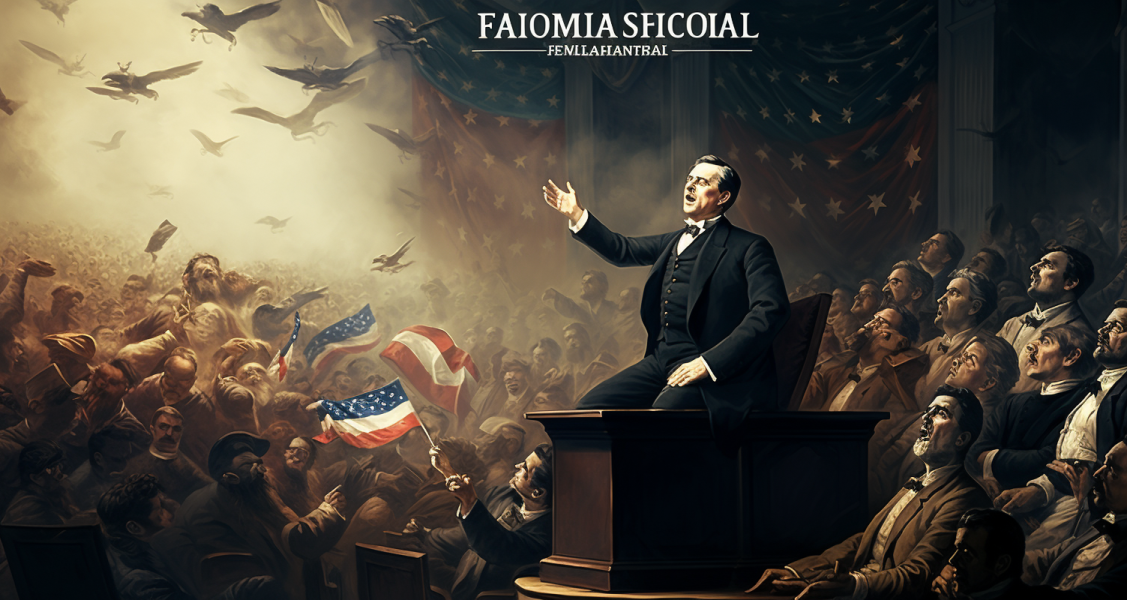Political speeches have long been a cornerstone of democracy, shaping nations, inspiring revolutions, and leaving indelible marks on history. This article delves into the world of historic political speeches, examining their rhetoric, the impact they’ve had, and the legacy they leave behind.
The Power of Rhetoric
Rhetoric, the art of persuasive speaking or writing, is a potent tool in the hands of a skilled orator. Through ethos (credibility), pathos (emotion), and logos (logic), leaders have swayed public opinion, mobilized masses, and charted new courses for nations.
Iconic Speeches and Their Rhetorical Brilliance
- Martin Luther King Jr.’s “I Have a Dream”: A masterclass in pathos, King painted a vivid picture of a world where all are judged by character, not color.
- Winston Churchill’s “We Shall Fight on the Beaches”: Using ethos, Churchill rallied the British spirit during WWII’s darkest days.
- John F. Kennedy’s Inaugural Address: Employing logos, JFK urged Americans to contribute to the greater good, encapsulated in the famous line, “Ask not what your country can do for you – ask what you can do for your country.”
The Immediate Impact: Speeches that Changed the Course
- Emmeline Pankhurst’s “Freedom or Death”: This speech galvanized the women’s suffrage movement, leading to voting rights for women.
- Nelson Mandela’s Defense Speech at the Rivonia Trial: While it led to his imprisonment, it also spotlighted South Africa’s apartheid atrocities on the global stage.
The Enduring Legacy: Echoes Through Time
Great speeches don’t just resonate in the moment; they echo through time. For instance:
- Abraham Lincoln’s Gettysburg Address: A brief but powerful speech, it redefined the American Civil War’s purpose and is a staple in discussions about democracy.
- Jawaharlal Nehru’s “Tryst with Destiny”: Announcing India’s independence, it remains a symbol of hope and new beginnings for the world’s largest democracy.
Analyzing Speeches: A Guide for Enthusiasts
- Context is Key: Understand the historical backdrop against which the speech was delivered.
- Dissect the Structure: Identify the introduction, main arguments, and conclusion.
- Spot Rhetorical Devices: Look for metaphors, alliterations, and repetitions that add emphasis.
Historic political speeches offer a window into the zeitgeist of their times. By analyzing their rhetoric, understanding their immediate impact, and tracing their legacy, we gain insights into the leaders who delivered them and the eras they shaped. As we move forward, these speeches serve as a reminder of the power of words and the change they can usher in







